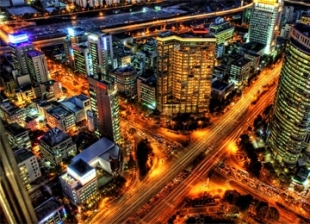

Korea, a few years back, identified smart grid as a dual opportunity. First, it could provide benefits to citizens. Second, it could become the next big export opportunity. Now it appears that progress may be stalled as industry and government point fingers.
Will Korea revive its smart grid push under new President Park Geun-hye? Or will the new government repeat the errors that created what some are calling “the lost five years?”
Under the new regime, smart grid continues its status as an industry that will be deliberately fostered by the government. On the surface, that appears to be a victory, since other industries such as robotics have had their task forces disbanded under the new government.
But the existence of a task force is not enough, according to those in the industry. They want and see a need for radical changes to electric power policies and support for initiatives such as demand response and renewable energy. Lack of such policy changes stalled smart grid progress under the previous government.
If Korea can create the right kind of government support, observers say it can roll out smart meters nationwide and simultaneously stimulate growth in related sectors such as communications networks and geographical information systems.
Gallagher Re has shed light on the significant challenges insurers face when providing coverage for…
The Australian government will disburse AUD 1.7 million (USD 1.1m/EUR 1m) in grant funding to…
GlobalData’s latest report, ‘Asia Pacific Renewable Energy Policy Handbook 2024’ is among the latest region-specific…
The electrical generation market is facing a number of challenges, including the need to increase…
Nuclear energy has emerged as a prominent player in Asia's energy landscape, offering a reliable…
The pursuit of a low-carbon future has gained significant momentum globally, and Asia stands tall…